Announcements
Juergen Hahn has been appointed as an editor of the Journal of Process Control. The appointment will start on January 1, 2014. The Journal of Process Control is a journal of the International Federation of Automatic Control (IFAC).This international journal covers the application of control theory, operations research, computer science and engineering principles to the solution of process control problems. Papers on the theory in these areas are also appropriate for the journal provided the theoretical contribution is aimed at process control.
Dr.
Mariah Hahn is joining the Editorial Board for Scientific Reports, a journal from Nature Publishing Group, the publishers of Nature. Scientific Reports launched in 2011 as a multidisciplinary, online-only, open access publication covering all areas of the natural sciences.
Editorial Board Members are recruited for an initial 2 year term, and the principle responsibilities are to assess whether manuscripts should be sent for peer review and to manage the peer review of manuscripts and make final editorial decisions.
Lingling Zhao, a graduate student in Xavier Intes' group, is the recipient of the 2013 Ajit Prabhu Graduate Fellowship. The Ajit Prabhu fellowship was established in 2012 by Mr. Ajit Prabhu, a former student of the department. The fellowship honors a student in the last semester of the doctoral program for their academic achievements.
Linigling also recently won a poster award at the International Symposium on Metabolic Imaging and Spectroscopy Honoring the 100th Birthday of Britton Chance. The symposium was held at the University of Pennsylvania on June 18.
Ge Wang's work on how to measure scientific impact has been discussed at phys.org. The article refers to a recent paper that Wang and co-authors have published in PNAS. More information can be found here:
Jonathan Stallings, Eric Vance, Jiansheng Yang, Michael W. Vannier, Jimin Liang, Liaojun Pang, Liang Dai, Ivan Ye, and Ge Wang "Determining scientific impact using a collaboration index." PNAS Early Edition.
http://www.pnas.org/content/110/24/9680
The RPI Board of Trustees has approved Ryan Gilbert's promotion to Associate Professor with tenure.
Ryan received his Ph.D. in Biomedical Engineering from Case Western Reserve University. He joined Michigan Technological University as an Assistant Professor in 2005 and moved to Rensselaer in 2010.
Ryan specializes in developing translational biomaterials to aid in spinal cord repair. His laboratory is developing biomaterials to guide axonal and cellular migration through an injury site, as well as, locally deliver therapeutics.
Xavier Intes has been nominated for an associate editor position with the journal Biomedical Optics Express. The appointment is for three years.
The primary responsibility of associate editors is to conduct timely peer review of manuscripts submitted in their topical areas by obtaining at least two expert reviews, supervising author revisions, and making accept/reject decisions.
Biomedical Optics Express (BOE; see www.opticsinfobase.org/boe) is a relatively new journal published by the Optical Society, OSA.
"Influence of pressurized cyclic stretch and endothelial cell presence on mesenchymal stem cell osteogenic commitment."
by Andrea Carolina Jimenez-Vergara, Dany J Munoz-Pinto and Mariah S Hahn.
http://pubs.rsc.org/en/content/articlelanding/2013/ib/c3ib20186d
"Applied mechanical stretch and blood vessel invasion are key stimuli to which progenitor cells are exposed in post-natal endochondral bone formation.
The Graduation dinner was held at the Country Club of Troy on May 24, 2013 to celebrate the achievements of the students graduating this year. A total of 99 students will graduate with a BS, 14 with a MS, and 8 PhDs will be awarded. The number of students receiving each of these degrees are at record values, reflecting the popularity of the program.
In addition to honoring the graduating students, several award recepients were also announced at the dinner:
The Paul B. Daitch Memorial Award: Maureen Newman
The Zelda & David G.



 Juergen Hahn appointed journal editor
Juergen Hahn appointed journal editor
 Mariah Hahn appointed to Editorial Board of Scientific Reports
Mariah Hahn appointed to Editorial Board of Scientific Reports
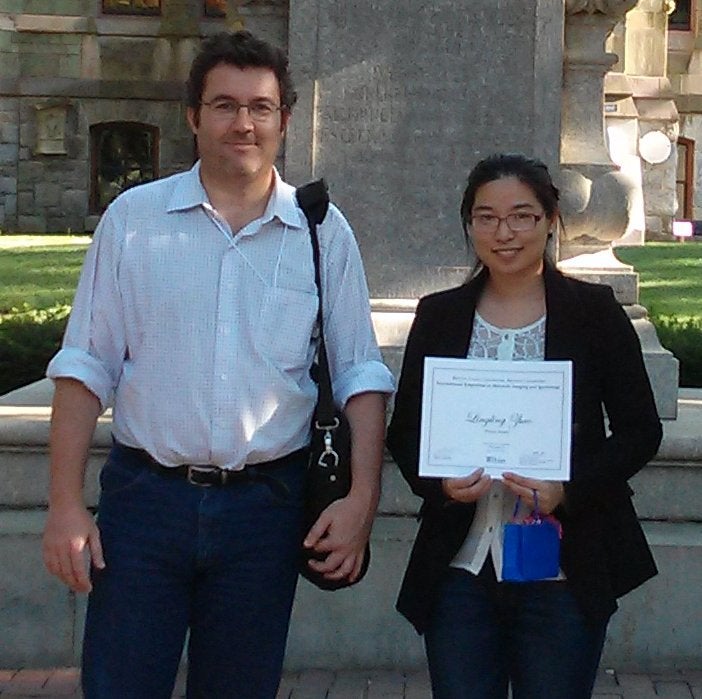 Lingling Zhao receives fellowship and award
Lingling Zhao receives fellowship and award
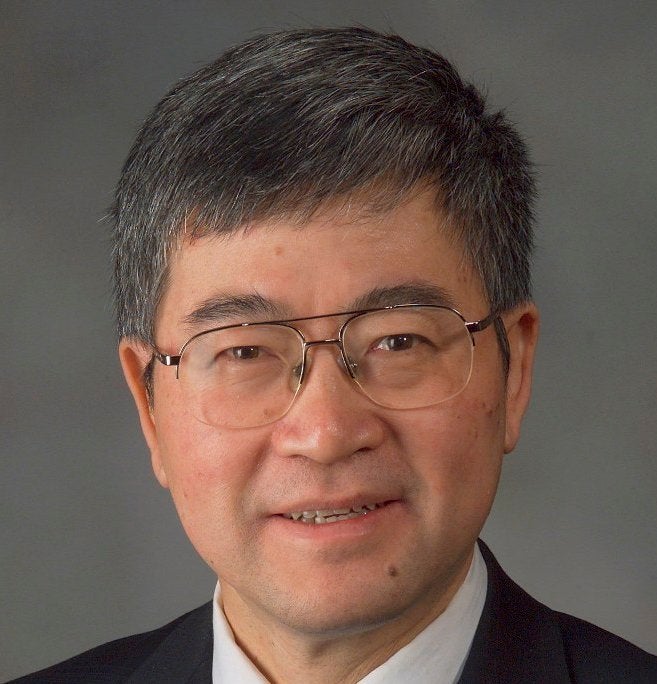 Ge Wang's work on measuring scientific impact highlighted at phys.org
Ge Wang's work on measuring scientific impact highlighted at phys.org
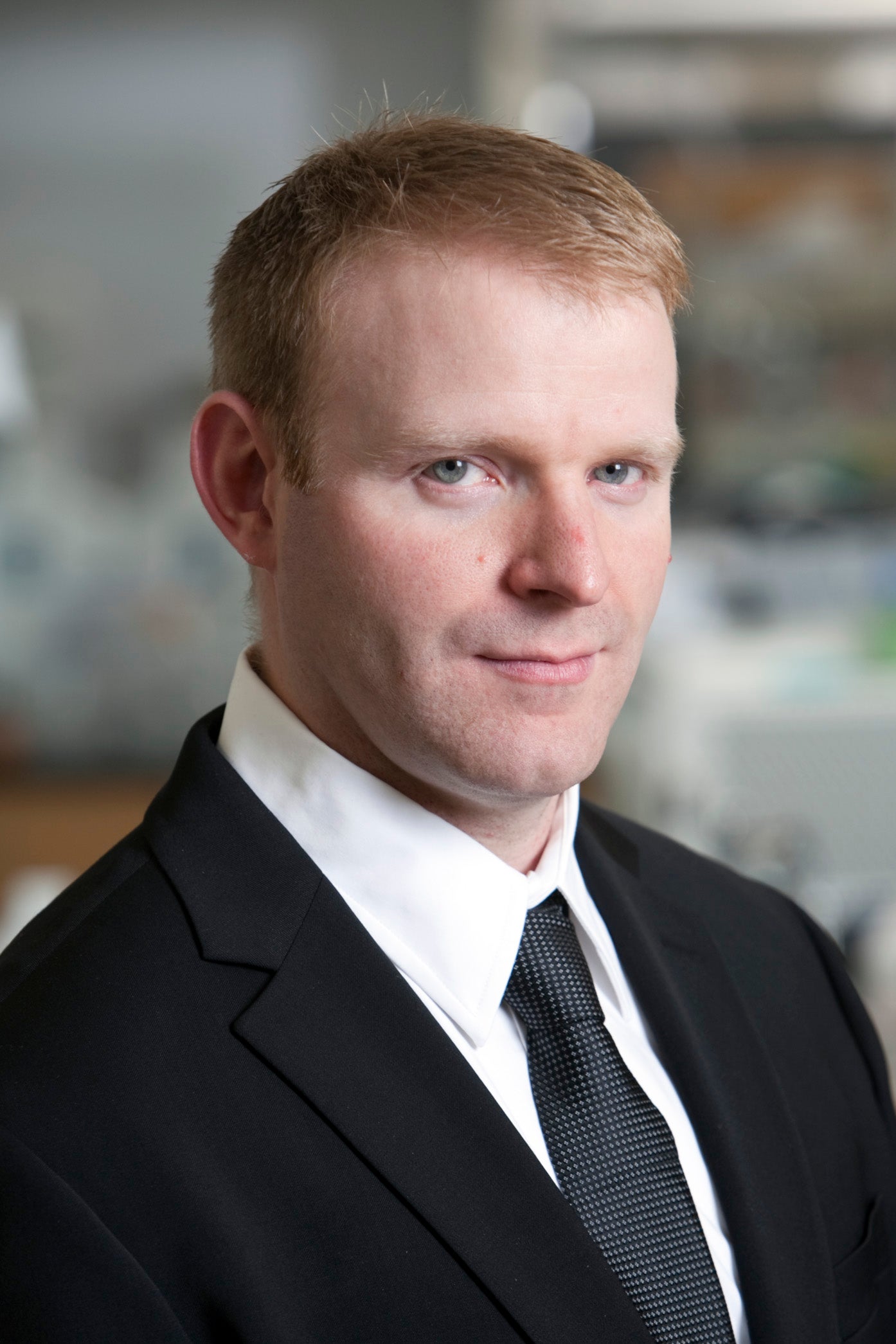 Ryan Gilbert promoted to Associate Professor
Ryan Gilbert promoted to Associate Professor
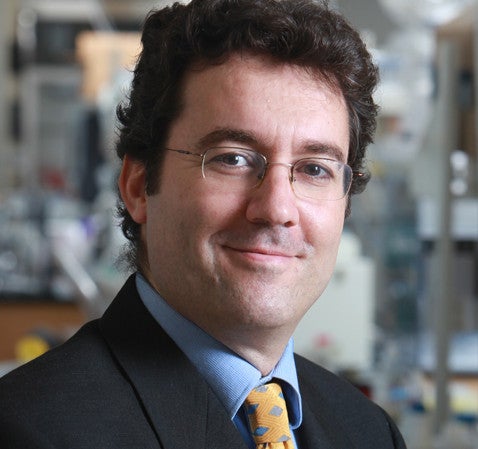 Xavier Intes named Associate Editor of Biomedical Optics Express
Xavier Intes named Associate Editor of Biomedical Optics Express
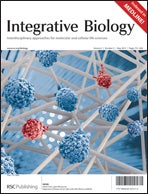 Mariah Hahn in Integrative Biology
Mariah Hahn in Integrative Biology
 Congratulations to all BME Graduates!
Congratulations to all BME Graduates!